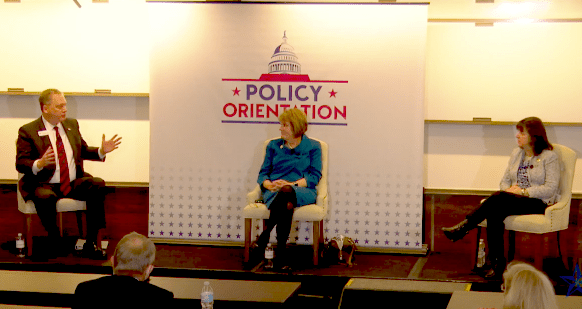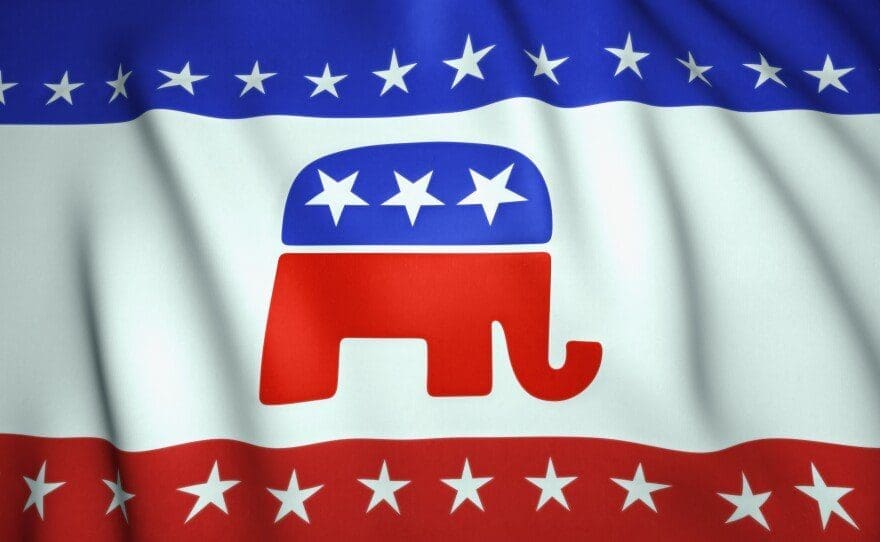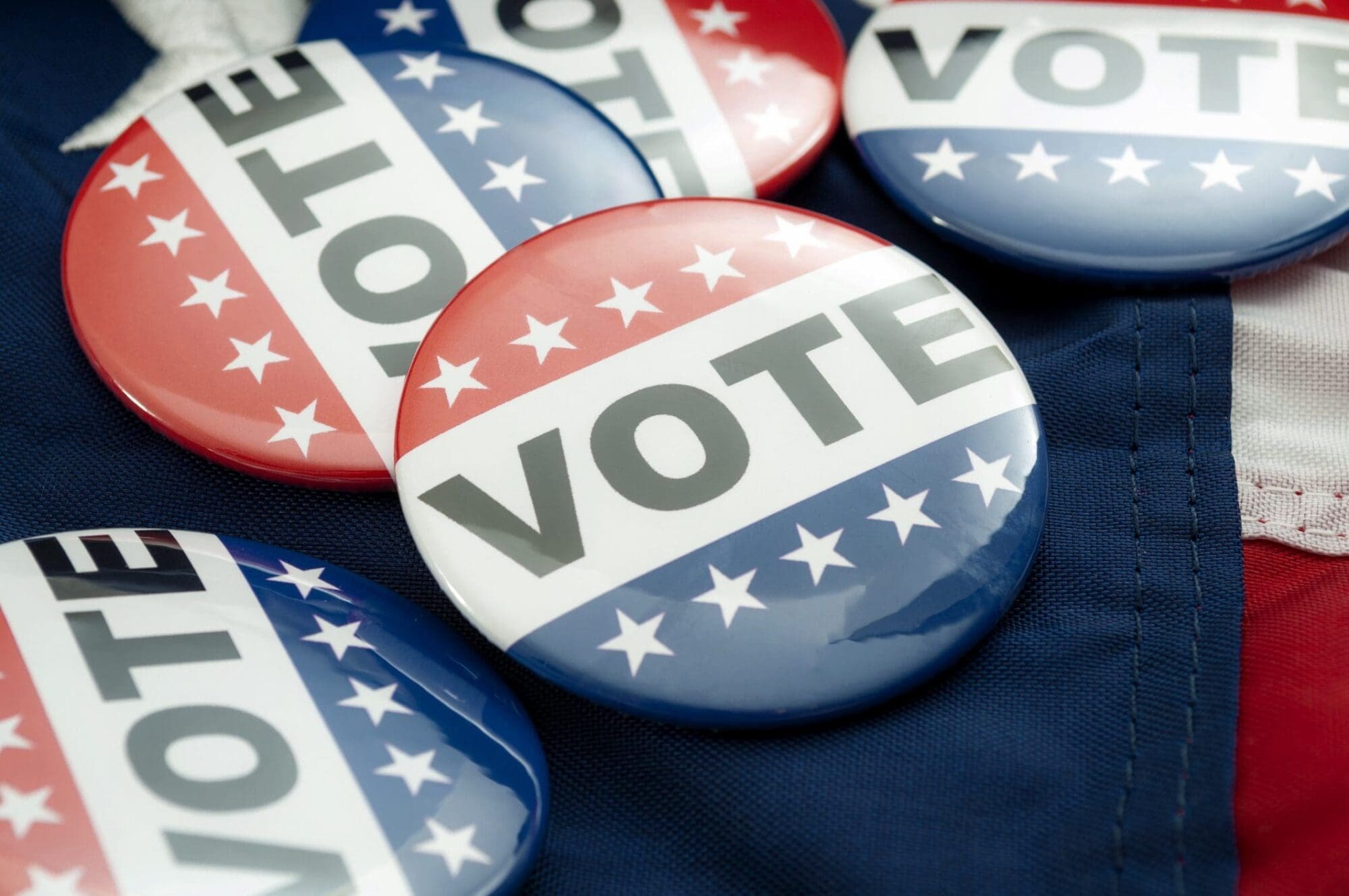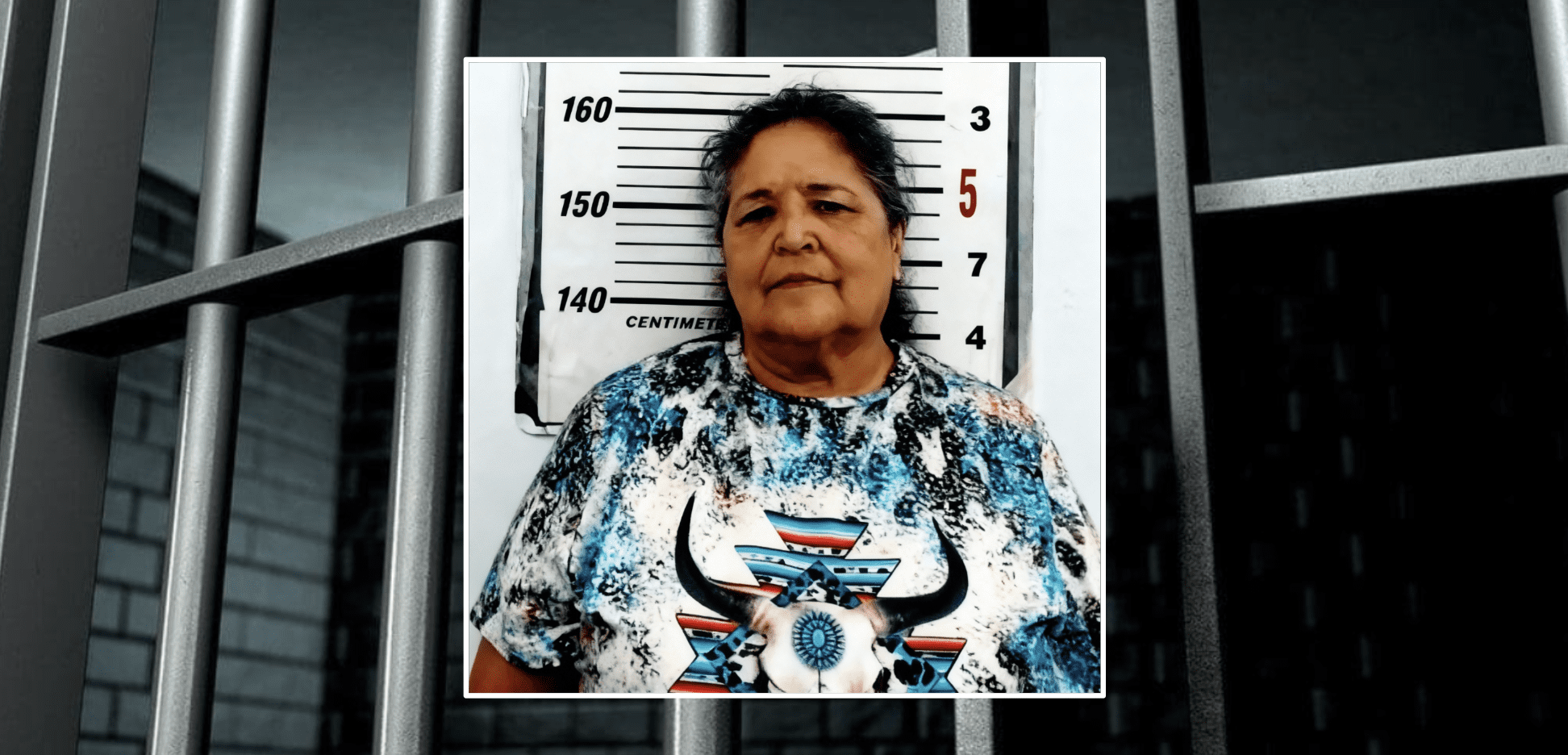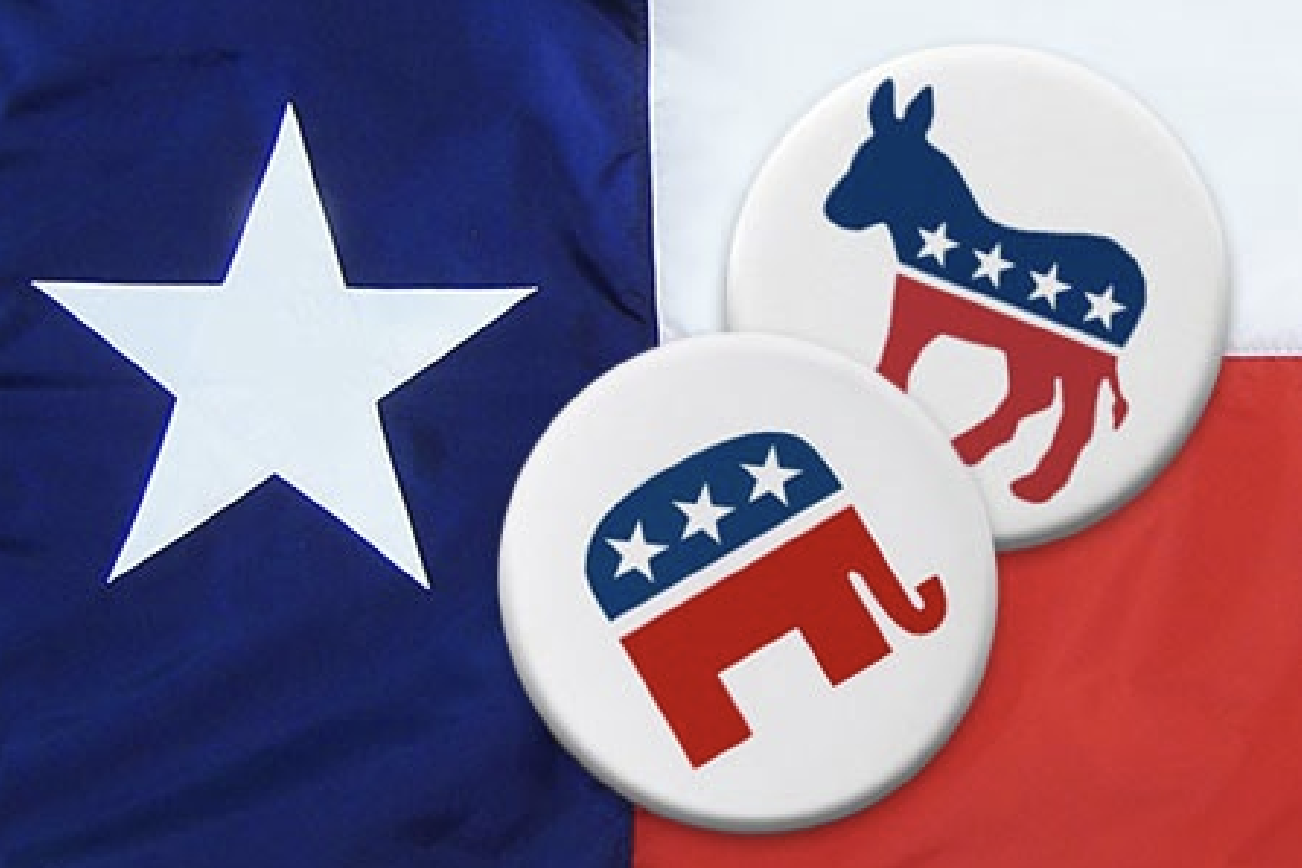What went wrong in the 2020 election, and how can Texas lawmakers ensure future elections are more secure?
Lawmakers and election experts answered those questions during Texas Public Policy Foundation’s Election Protection: Securing People’s Voice and Choice at the Ballot Box panel, part of TPPF’s 2021 Policy Orientation in Austin.
TPPF Vice President of National Initiatives Chuck DeVore, who moderated the panel, opened by acknowledging the overarching impact of the Chinese coronavirus on the November election:
The COVID-19 pandemic played pretty significantly into how the election was conducted, here in Texas and around the nation, and significantly changed the rules of the game in a manner that facilitated a degradation in the integrity of our elections.
Panelists identified three key election integrity problems—expanded use of risky mail ballots, Democrat lawsuits to undermine mail-ballot protections and other state voting security laws, and private money injected into government election offices—and offered solutions for consideration by the GOP-controlled Texas Legislature, which convened on January 12.
Election integrity is a top legislative priority for grassroots Republicans this session.
The panel featured Republican State Reps. Stephanie Klick (Fort Worth), chair of the House Elections Committee last session, and Valoree Swanson (Spring), who served on the committee and authored several bills to strengthen ballot security.
The lawmakers were joined by national elections expert J. Christian Adams, head of the Public Interest Legal Foundation, a nonprofit law firm dedicated exclusively to election integrity.
What Went Wrong in 2020
Adams and Klick told DeVore a “legal onslaught” from the left, targeting states’ voting processes, caused major election integrity problems. Many lawsuits loosened rules for accepting mail ballots, which are inherently less secure than in-person voting.
In the run-up to the 2020 election, Adams said Democrats and their allies on the left filed 160 lawsuits around the country, using concerns about the Chinese coronavirus as a pretext to force their policy priorities:
The organized, institutional legal left sought to go to federal court to change how we elect people … getting courts to override the law, getting courts to change the rules of the election.
He noted the litigation was often collusive, meaning Democrat officials being sued agreed with what leftist litigants were suing to achieve—as when the Texas Democrat Party sued Travis County to accept all mail-ballot applications, asserting fear of contracting COVID qualified as a disability.
“We had more than a dozen lawsuits filed in Texas trying to set aside a lot of the protective mechanisms that we have for ballot integrity,” Klick said.
She said Texas came out “relatively unscathed” as far as the courts were concerned, but several anti-integrity lawsuits are still pending, including Democrats’ effort to force the state to expand voting by mail to everyone.
Adams said mail ballots are the biggest vulnerability to having free and fair elections.
“They are the absolute worst form of having an election,” he said. “They should be the exception, not the rule.”
Not only does voting by mail disenfranchise people, as the post office routinely loses or misdelivers mail, but it also “doesn’t allow observers to watch the process. … When you do a mail election, it takes place in people’s homes, where people can be coerced, as happens all the time in Texas and around the country.”
The panelists also said the 2020 election results were unfairly skewed by strategic private funding of government election offices, primarily in Democrat-controlled urban areas.
“That’s the single most important thing that happened in this election,” Adams said.
He said hundreds of millions in private money was funneled through left-leaning nonprofits like the Center for Tech and Civic Life and used to turn urban election offices into Democrat “turnout machines.”
Social media mogul Mark Zuckerberg gave CTCL $250 million to redistribute to local election officials as “COVID-19 Response Grants.” While legal, the targeted funding arguably gave Democrats a boost.
Elections offices in Dallas and Harris counties—which are controlled by Democrats and together account for almost a quarter of all Texas voters—received huge grants from CTCL.
Dallas County received $15 million, the largest grant awarded, while Harris received $9.6 million.
Klick noted Harris County officials used private money to set up “drive-thru” voting places—something Texas law doesn’t allow for—then had trouble reconciling vote totals from those locations.
The panel didn’t discuss voting machines, but Swanson noted Texas doesn’t use the much-maligned Dominion equipment and said Texas Elections Director Keith Ingram assured her staff none of the voting machines used in the state have the ability to connect to the internet.
What Lawmakers Can Do in 2021
“I would love to see us make it where very few people mail-ballot vote,” Swanson said, suggesting lawmakers could raise the eligibility age for requesting a mail ballot.
Texas election law currently allows voting by mail for voters who are age 65 or older, disabled, out of the county during the voting period, or incarcerated.
“As I get close to 65, I’m kind of insulted that people think we need a mail ballot,” she said. “I really don’t see why somebody needs one at 65 unless they have something that is a disability.”
DeVore asked how lawmakers could address the problem of defining and verifying “disability,” as the current honor system allows vote harvesters to unlawfully gain control of people’s mail ballots. He said research into mail-ballot voting in Texas prior to 2020 showed a “gigantic increase” in voters requesting mail-in ballots and checking the disability box.
“One reform might be removing the ability to request a ballot annually,” Klick said, noting many voters requested a primary mail ballot due to COVID and checked the “annual” box, then received a mail ballot they didn’t want in November.
“I think that’s one of the best ideas I’ve heard in a long time,” Adams said. Intended to streamline the process, annual mail-ballot requests can end up “pumping lots of ballots into the mail where people no longer exist.”
Swanson said she’d like to make election fraud punishments tougher and enhance the ability of law enforcement to go after fraudsters. She and Klick are also considering ways to hold election officials accountable to following the law, including civil penalties and withholding state funding.
“Private money funding elections should be banned,” Adams added. “It is the single most important election integrity measure you can enact.”
Challenges to Election Integrity Laws
In addition to continuing lawsuits from the left challenging the current Texas voting laws, Klick said the renewed effort to federalize elections under the Biden administration is a major concern.
DeVore noted H.R. 1—Democrats’ top priority bill for 2019 and revived in 2021—undermines state election integrity laws by restricting state and local officials from doing voter list maintenance, mandating mail ballots, and banning state voter ID laws, among other provisions.
Swanson said lawmakers are afraid to pass strong legislation because of threats of lawsuits or federal action from the Department of Justice.
She also said the state doesn’t devote adequate resources to enforcing state election laws.
“I’ve been very distressed at how many people are working on that in the attorney general’s office,” Swanson said.
Adams said Texas leads the way in fighting back against election fraud.
“Other states are not doing what you guys do,” he said. “You complain about only having one or two voter fraud investigators. Most states don’t have any.”
Swanson added election integrity requires citizens to be directly involved in the electoral process.
“If we have perfect machines and perfect laws, we still can’t stop fraud if we don’t have the people in there in every polling place: the poll watchers, the clerks, the election judges,” she said.
“You’ve got to have people following the law regardless of what technology or equipment you use. And unfortunately, in some areas we do not have people following the law,” Klick added in response to a question about blockchain voting:
The cheating happened even before we used technology to vote. … There are a lot of folks who want a paper-only system. … People can cheat with paper-only as well. You’ve got to have all the other systems in place—honest people and processes that can’t be exploited—to have fair and free elections.
The regular session of Texas’ 87th Legislature is underway now through May 31. The deadline for lawmakers to file bills is March 12. Several bills to shore up election integrity have already been filed by Swanson and other lawmakers.
Details about bills filed, along with other resources to help citizens participate in the legislative process, are available at Texas Legislature Online.
Texans can weigh in on election integrity and other issues of concern by contacting their elected officials. The Texas Directory includes information about state lawmakers, the districts they represent, and how to contact their offices.
